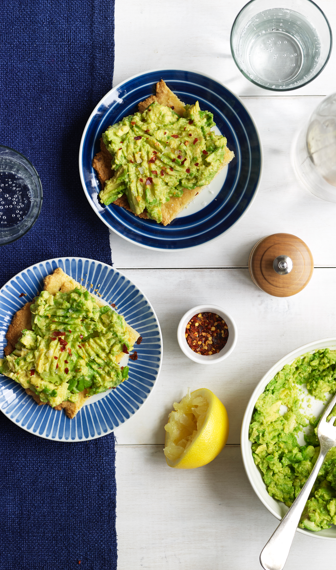If you’re like most people, you’re probably confused by the enormous amount of research on fat loss. While lower-carbohydrate, higher protein diets consistently seem to produce fat loss – not to mention improvement in important blood measures like triglycerides– many people also seem to have good results on conventional low-fat diets. Other programs that have been around for years- such as portion control, for example- certainly have their supporters.
All of us probably know someone who’s had remarkable success on a dietary program which has not worked at all- or not nearly as well- for someone else. Nutritionists explain this by pointing out that we’re all metabolically and biochemically unique, and that the “one size fits all” when it comes to diet and fat loss is simply an outmoded concept. Now researchers at Children’s Hospital in Boston may have discovered one of the reasons why.
The researchers studied 733 adults age 18-35 with a BMI of 30 or more. For six months, half of the subjects followed a low-glycemic load diet (40% carbohydrate and 35% fat) and half followed a conventional low-fat diet (55% carbohydrate, 20% fat). The researchers postulated that individual differences in insulin secretion might be a factor in weight loss and body fat loss and might help explain why some folks respond better to certain weight loss plans than others– so they tested the subjects with a simple glucose tolerance test. And the results were very interesting.
While those who secreted low (normal) amounts of insulin responded equally well to both diets, when it came to high insulin secretors, the results were quite different. High insulin secretors did significantly better on the low-glycemic load diet. High insulin secretors lost 12.8 pounds and 2.6% body fat on the low-glycemic diet (compared to only 2.6 lbs and less than 1% body fat on the low-fat diet). The take home point here is that if you are “carbohydrate sensitive” and one of the many people who over-secrete insulin in response to high glycemic foods, a low-glycemic diet is the way to go. A bedrock principle of the Atkins Advantage is low sugar and to concentrate on low-glycemic foods like vegetables, a variety of protein choices and good fats. “Regardless of insulin secretion, a low–glycemic load diet has beneficial effects on concentrations of HDL cholesterol and triglycerides” said the authors of the study.

